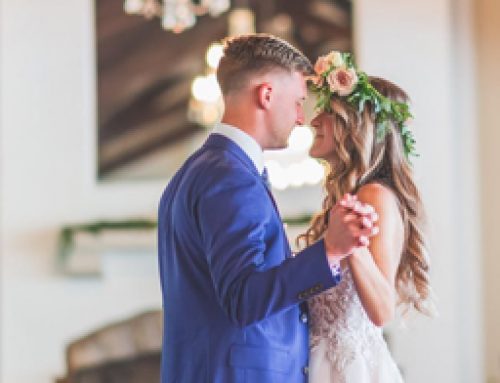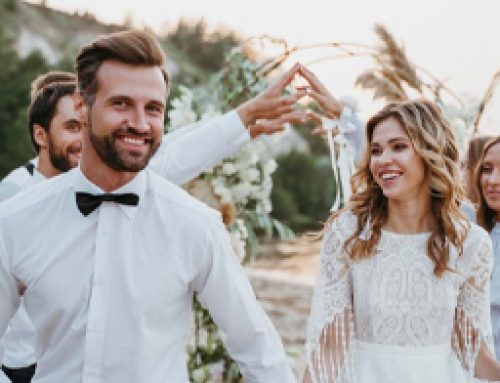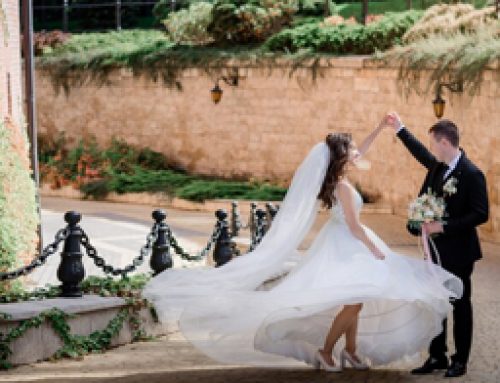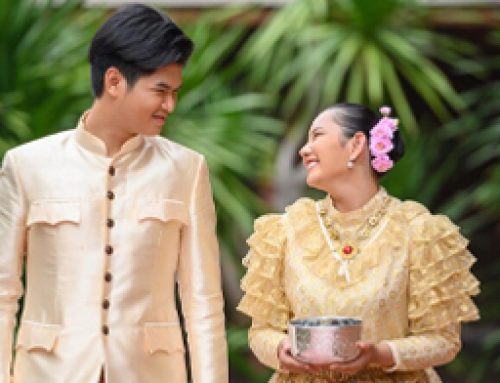Sri Lankan Wedding Traditions, Rituals, and Customs
Sri Lankan weddings are rich in traditions and customs that have been passed down through generations. These weddings are vibrant, colourful, and deeply-rooted in the cultural heritage of Sri Lanka. Let’s explore the key traditions and rituals that make up a Sri Lankan wedding:
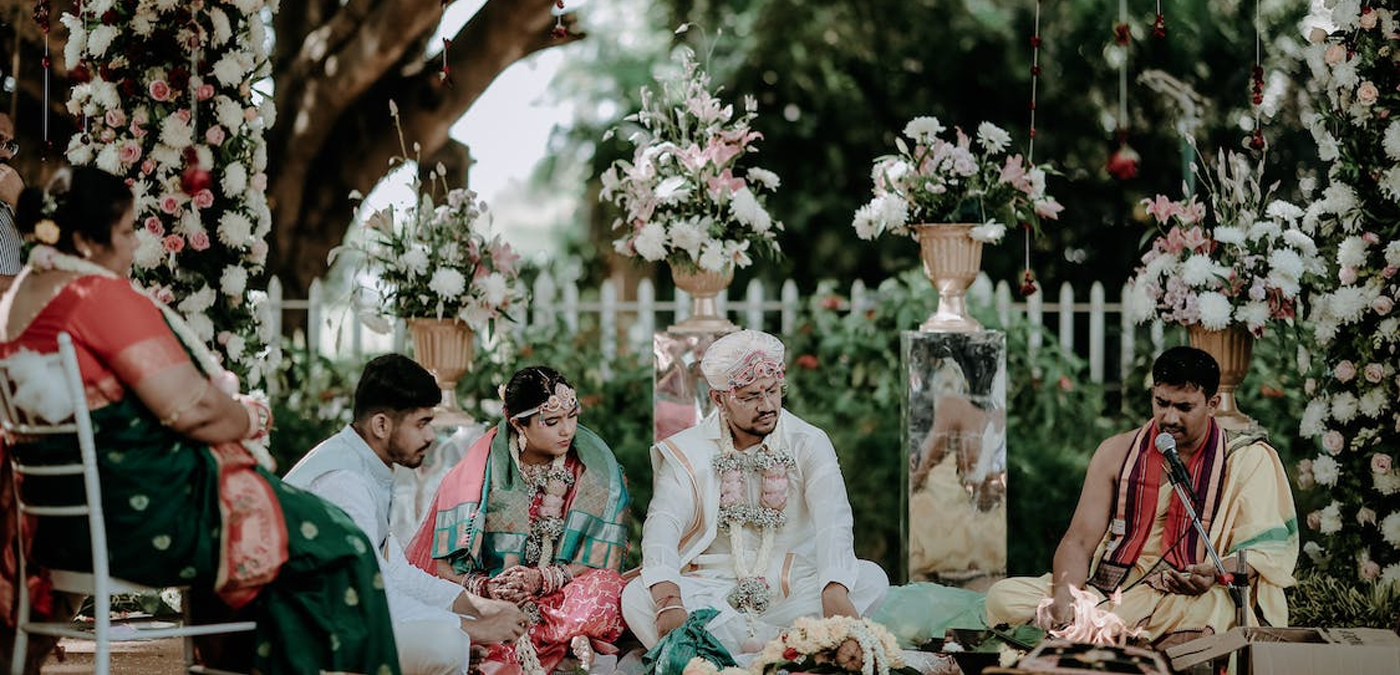
Pre-Wedding Rituals:
- Nekath: Before setting a wedding date, the couple consults an astrologer who determines an auspicious time for the wedding. This time, known as the “Nekath,” is crucial for ensuring a harmonious and blessed union.
- Poruwa Ceremony: The Poruwa ceremony is the highlight of a Sri Lankan wedding. It is a traditional marriage ritual conducted on a beautifully decorated wooden platform called the “Poruwa”. The bride and groom, accompanied by their families and friends, stand on the Poruwa as a series of rituals and customs take place.
Exchange of Rings and Nalangu:
During the Poruwa ceremony, the couple exchanges rings, symbolising their commitment to each other. Following this, a ritual called “Nalangu” takes place, where the bride and groom’s little fingers are tied together with a gold thread to signify their unity.
Traditional Attire:
The bride typically wears a stunning saree or a traditional bridal outfit known as the “Kandyan bridal costume”. It consists of a heavily embellished, pleated saree, a tight-fitting jacket, and ornate jewellery. The groom wears a traditional attire called the “National Dress,” which includes a white shirt, sarong, and a jacket.
Oil Lamp Lighting:
The couple and their families light traditional oil lamps called “Hetti Paththuwa” to invoke blessings from the deities and seek good fortune for the couple’s married life.
Milk Mixing:
The bride and groom participate in a custom known as “Milk Mixing”. They pour milk into a decorated vessel, signifying the blending of two lives and families. This act represents their commitment to supporting and nurturing each other.
Offering of Betel Leaves:
The couple offers betel leaves to their parents as a symbol of respect and gratitude for their love, support, and blessings. This ritual, known as “Muwa Dahanaya,” signifies the couple’s acknowledgement of their parents’ role in their lives.
Traditional Blessings and Auspicious Acts:
Throughout the ceremony, the couple receives blessings from the elders and religious figures present. The blessings may include prayers for a prosperous and happy married life, fertility, and longevity.
Traditional Music and Dance:
Sri Lankan weddings are accompanied by traditional music and dance performances. The “Jayamangala Gatha” is a popular wedding song that is sung to bless the couple. Additionally, traditional dances like the “Kandyan dance” and “Low country dance” are performed to entertain the guests.
Wedding Reception:
Following the wedding ceremony, a grand reception is held where family, friends, and guests gather to celebrate the newlyweds. The reception typically features music, dancing, and a lavish feast.
Traditional Sweetmeats:
Sri Lankan weddings are known for their mouthwatering traditional sweetmeats, such as “Kavum,” “Kokis,” and “Athirasa.” These delicious treats are prepared and served to guests as a symbol of joy and celebration.
Sri Lankan weddings are a beautiful blend of cultural traditions, family values, and religious customs. They provide an opportunity for families and communities to come together, celebrate, and bless the couple as they embark on their journey of love and togetherness.
The Best Venue For Sri Lankan Weddings in Melbourne
Surrounded by greenery, Seasons5 is a luxurious hotel and resort in Point Cook. We’ve got great Srilankan wedding venues to choose from. Our chefs prepare scrumptious dishes crafted from fresh, local ingredients from our Cinnamon Bay Restaurant. We also have lovely accommodation options with many amenities for you and your guests to relax in. Feel free to explore our Day Spa where you can enjoy massages, masks and more. Call us on 03 8376 5300 or email at contact@seasons5.com for more details.




